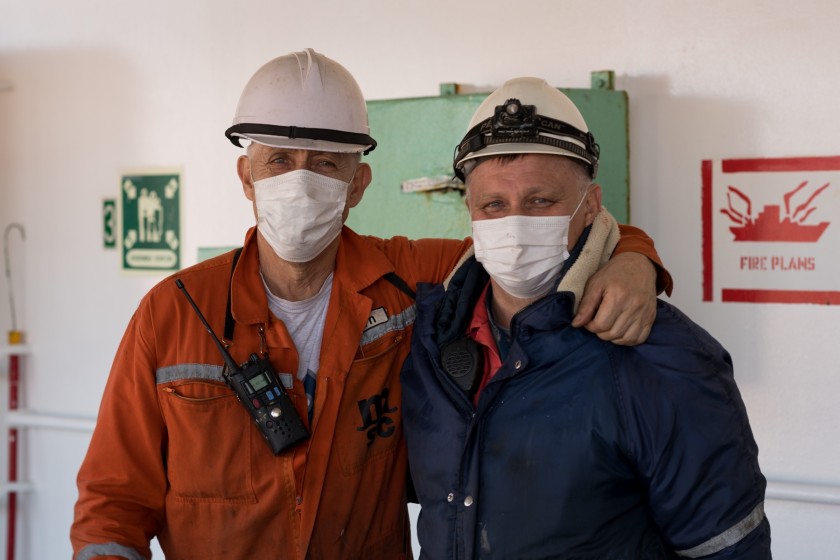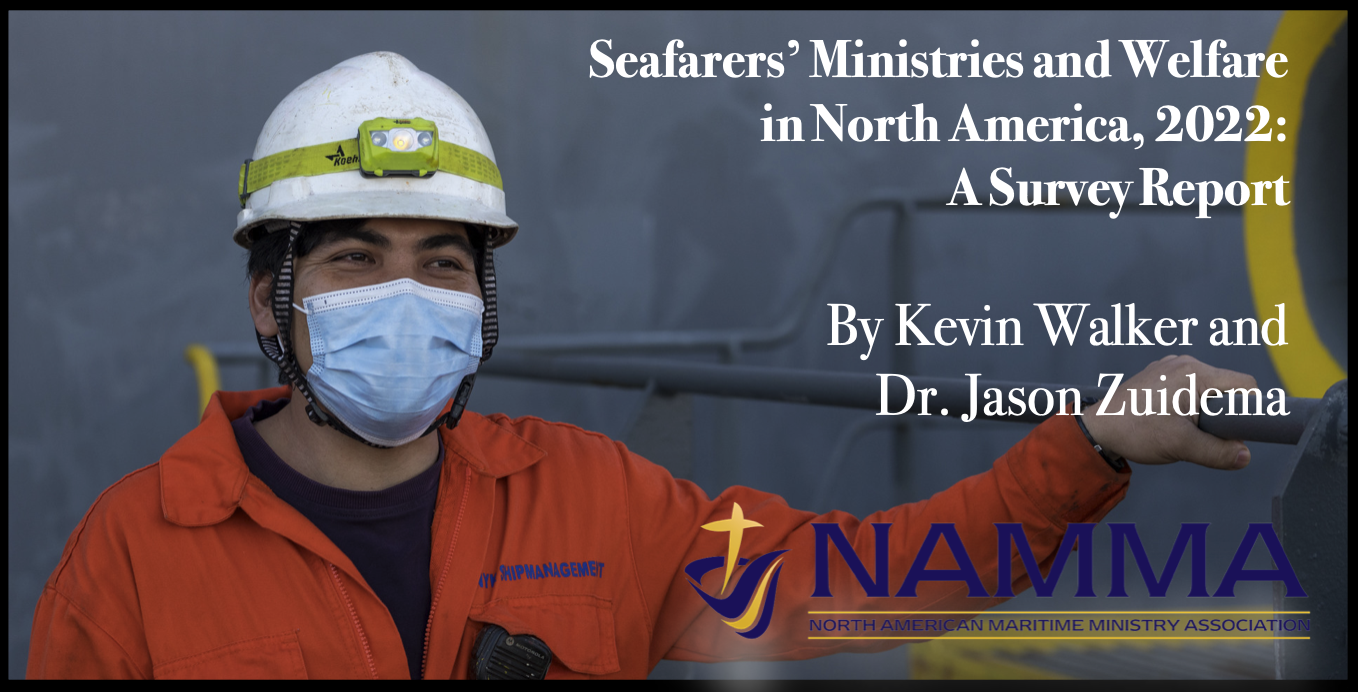The COVID-19 mental health challenge
The COVID-19 pandemic has led to an increased concern for the mental well-being of seafarers. Problems include lack of shore leave and inability to change crews. Many voices in the maritime industry and seafarers’ welfare have called for more attention to the problem. Helplines and chat services give seafarers and their families easier access to speak to someone who might listen and be able to point in the direction of help.
There are numerous local, national or international helplines and chat services set up for the general public that seafarers also can also use. However, these services might not have staff trained to respond to challenges that are specific to seafarers or the maritime world.
Even before the COVID-19 pandemic, maritime telemedicine or company-specific services existed for more acute mental health questions. Some of these services have expanded in the past months, but these services are not available to seafarers outside of the companies that subscribe.
The following is a list of some of the services directed at merchant mariners:
ISWAN and National Welfare Boards
SeafarerHelp is a helpline run by the International Seafarers’ Welfare and Assistance Network, headquartered near London, UK. It is free, confidential, and multilingual, available 24 hours a day. The SeafarerHelp team can be reached on a wide variety of voice and text platforms and seeks to respond to any type of problem a seafarer might have. SeafarerHelp has also produced a number of online resources on mental wellbeing for seafarers available on their website.
Other ISWAN-member national seafarers’ welfare boards provide helpline services. The Danish seafarers’ welfare charity, Sea Health & Welfare has set up a crisis helpline during the coronavirus. The U.K. Merchant Navy Welfare Board has redesigned SeafarerSupport. SeafarerSupport is a free confidential telephone and online referral service. It helps support serving and former UK seafarers and their families in times of need. Learn more here.
ICMA and Seafarers’ Ministries
Members of the International Christian Maritime Association (ICMA) are also putting more focus on 24/7 helpline or chat care. No doubt, chaplains and ship visitors were already active on social media and phone if seafarers had their direct numbers. However, they are not always available 24/7 and, since ship visits are difficult, do not have an easy way of getting their direct contact number to seafarers who might have otherwise visited their port.
The Mission to Seafarers launched the ‘Chat to a Chaplain’ service earlier this year that is available on most digital platforms. A team of MTS chaplains from around the world, including several more from other ecumenical partners in ICMA are available to interact with seafarers. More information is here. Sailors’ Society has an emergency COVID-19 Wellness at Sea helpline and chat service. More recently, Sailors’ Society also launched a helpline specifically for Indian seafarers and their families. The Deutsche Seemannsmission in Germany produced the DSM.care chat service that allows seafarers to text with an DSM chaplain. Seafarers can use their own names or write anonymously. The Danish Seamen’s Church offers the ‘Samtaler til Søs’ chat service to speak with a chaplain. This “Conversations at Sea” program is for all Danish seafarers – regardless of religiosity and religious affiliation. For seafarers working in the dredging industry, the Dutch Stichting Pastoraat Werkers Overzee has chaplains available.
Suicide Prevention Helplines
A number of local seafarers’ welfare ministries actively share information for seafarers to connect with suicide prevention helplines. Befrienders Worldwide is the largest umbrella organisation providing emotional support around the world, with over 350 branches operating in 35 countries. Learn more from an article in Nautilus Telegraph here. Similarly, branches of Samaritans in port cities like Singapore and Hong Kong are available. The United States Suicide Prevention Lifeline is also a resource.
ITF and National Unions
Seafarers’ labour unions are active in providing helplines. The International Transport Worker’s Federation runs SeafarerSupport. Nautilus International in the U.K. provides Nautilus 24/7. The National Union of Seafarers of India runs NUSI Sahara, a psychological helpline to assist seafarers and their families.
The Maritime Industry
Finally, the maritime industry itself has invested in new seafarer mental wellness services. Inmarsat, the mobile satellite company, worked with crew healthcare specialist VIKAND and software platform provider FrontM to provide a free Covid-19 video call service with a trained health professional. This service is active on more than 200 vessels. Additionally, Inmarsat provides free connectivity to ISWAN’S Seafarerhelp.
Australian mental health provider Hunterlink delivers an international maritime employee assistance model that is providing mental wellness support to international seafarers from around the globe. Mumbai-based Synergy Group partnered with the Tata Institute of Social Sciences (TISS) to run iCALL, a free psychological helpline. iCALL is available 24/7 and free of charge to maritime personnel worldwide. The service is aimed at improving mental health support for sea and shore-based maritime personnel.
All of these services seek to provide care for seafarers and even their families who have specific challenges or need to speak to someone. If you know of other helplines or chat services available at this time specifically for merchant mariners, please let us know and we will add them to this list.





